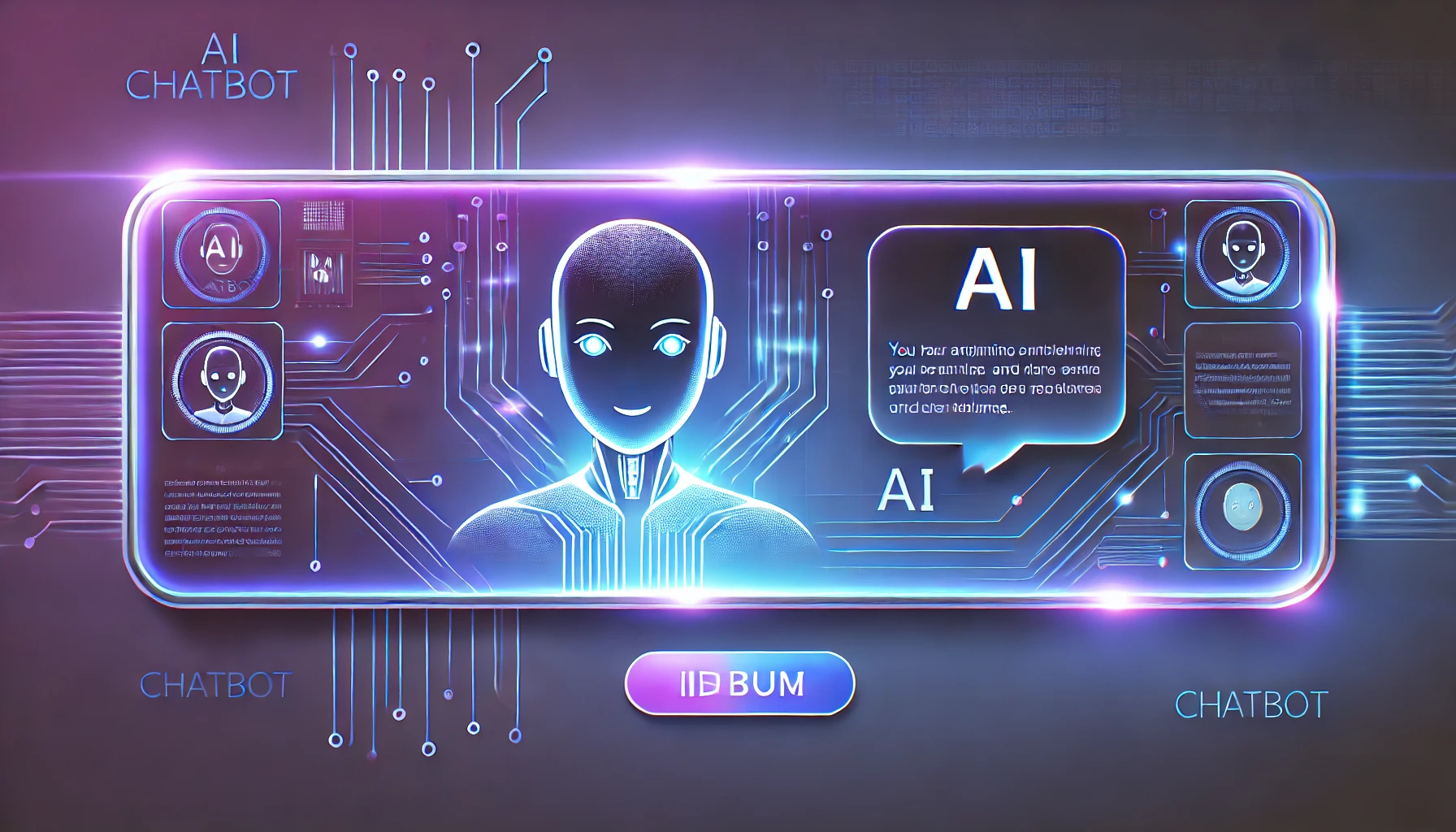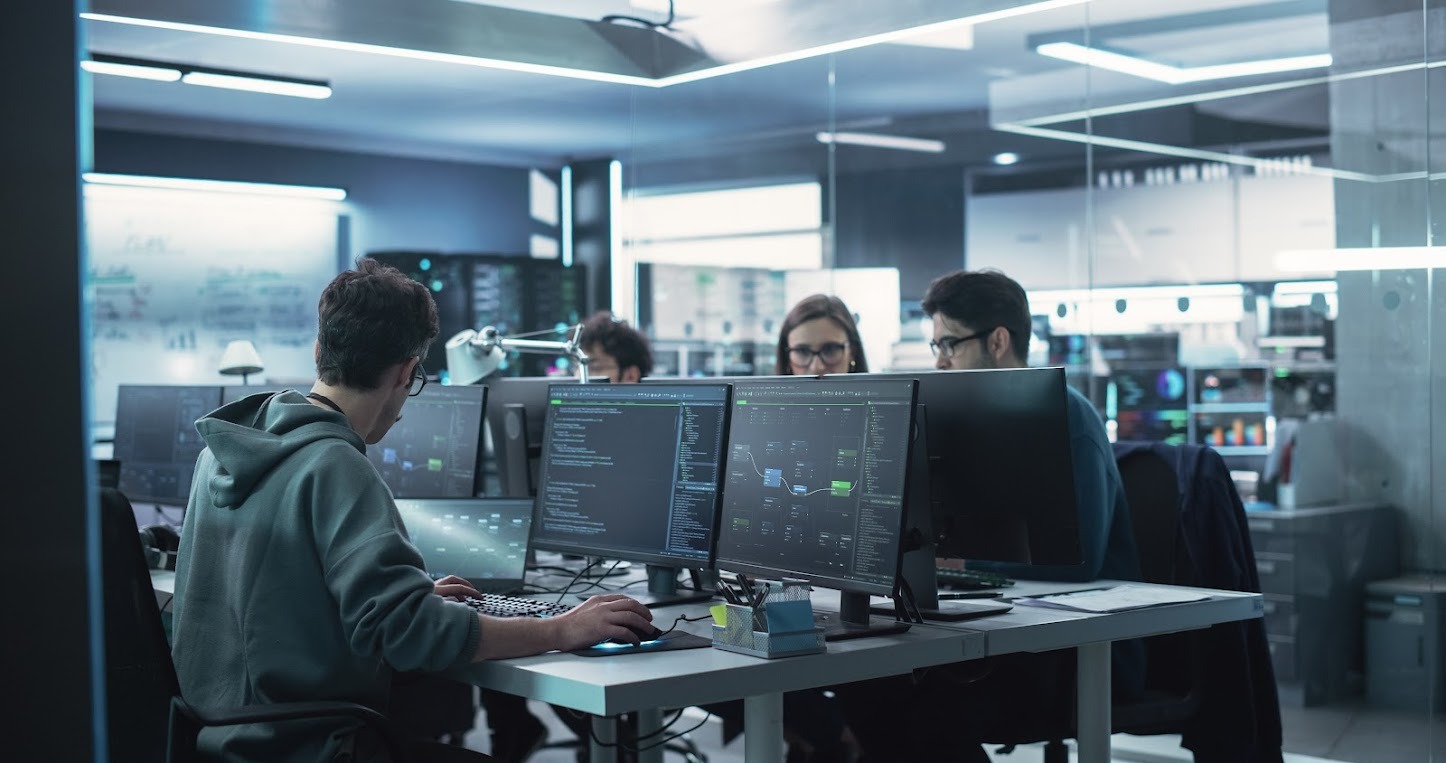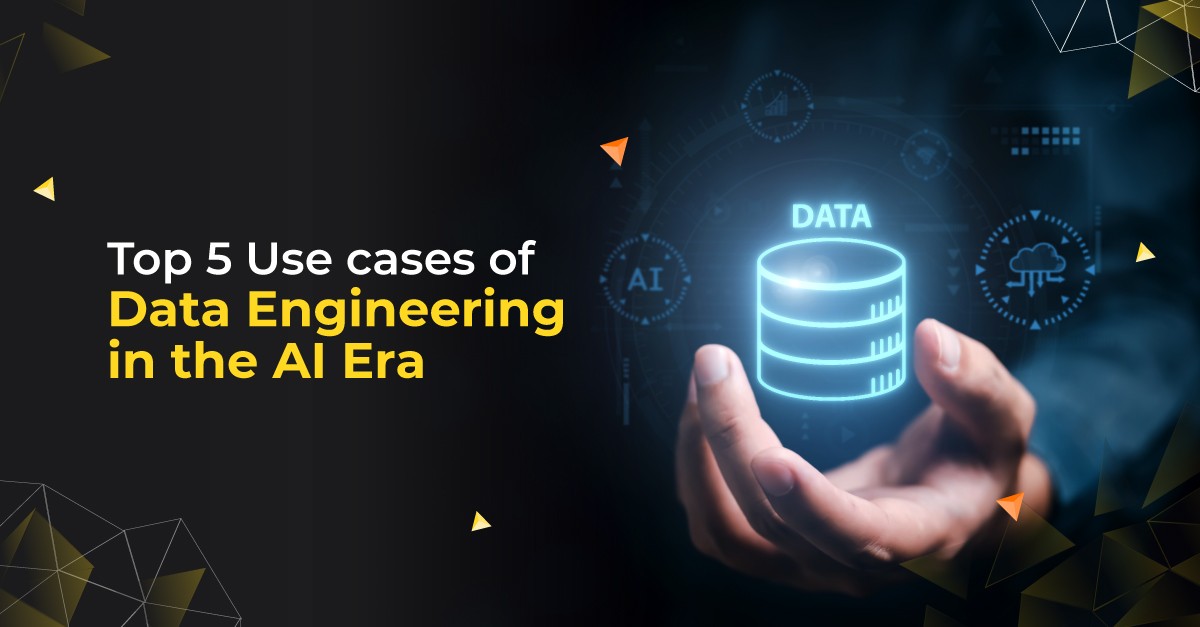What is Artificial Intelligence? A Beginner’s Guide to AI in 2025
Artificial Intelligence (AI) has become a major part of modern technology. It is used in various industries, making tasks easier and improving efficiency. AI refers to systems that can perform tasks that typically require human intelligence, such as learning, problem-solving, and decision-making. In 2025, AI is expected to become even more advanced, shaping the way businesses and individuals interact with technology.
The Evolution of AI
AI has been around for decades, but its capabilities have significantly improved over time. Initially, AI was limited to basic tasks such as calculations and pattern recognition. However, advancements in machine learning and deep learning have allowed AI to perform complex functions like speech recognition, image processing, and predictive analysis.
Types of AI
There are different types of AI, each serving a specific purpose.
- Narrow AI: Also known as weak AI, this type is designed for specific tasks. Examples include virtual assistants and recommendation systems.
- General AI: This type aims to replicate human intelligence, allowing machines to perform a wide range of tasks independently.
- Super AI: A theoretical concept where AI surpasses human intelligence in all aspects.
AI in Everyday Life
AI has integrated into daily routines, making processes faster and more efficient. Smartphones, smart homes, and even online shopping platforms use AI to personalize user experiences. Businesses rely on AI to automate customer support, analyze data, and improve decision-making.
The Role of AI in Business
Many companies are adopting AI to increase productivity and optimize operations. AI-powered chatbots handle customer inquiries, reducing wait times and improving service quality. Additionally, AI-driven analytics help businesses predict market trends and make data-driven decisions.
Ethical Considerations in AI
As AI becomes more widespread, ethical concerns arise regarding privacy, bias, and job displacement. Companies must ensure that AI is used responsibly and does not discriminate against any group. Data protection laws are being implemented to regulate AI usage and safeguard user information.
AI in Healthcare
The healthcare industry is benefiting from AI through diagnostic tools, robotic surgeries, and virtual health assistants. AI helps doctors diagnose diseases with greater accuracy and suggests treatment plans based on patient data. This improves the quality of healthcare while reducing costs.
AI in Entertainment
AI is transforming the entertainment industry by generating personalized content recommendations. Streaming platforms use AI to suggest movies and shows based on user preferences. Similarly, AI-driven video game characters provide a more immersive gaming experience.
The Future of AI
AI will continue to evolve, making technology even more efficient and accessible. Future advancements may include AI-powered tutors, self-driving cars, and improved natural language processing. In particular, AI chat systems are expected to become more human-like in their interactions.
AI and Human Interaction
AI is not only used in business and healthcare but also in personal relationships. Some individuals seek companionship through AI-driven virtual assistants. In this context, AI Girlfriend has gained attention as a concept where AI simulates a conversational partner, offering emotional support and interaction.
AI in Communication and Social Media
AI plays a significant role in social media and communication platforms. Automated moderation tools help detect harmful content, while AI-generated captions improve accessibility. In the same way, businesses use AI chatbots to engage with customers and answer queries efficiently.
AI and Education
Education is another sector where AI is making a difference. AI tutors provide personalized learning experiences, helping students grasp difficult concepts. Schools and universities are adopting AI-driven tools to assess student progress and tailor lessons accordingly.
AI in E-commerce
AI is reshaping the online shopping experience by analyzing consumer behavior and predicting purchase trends. Virtual shopping assistants help users find products based on their preferences. Similarly, AI-powered chat support improves customer service by addressing inquiries instantly.
The Impact of AI on Employment
While AI automates many tasks, it also creates new job opportunities. Businesses require skilled professionals to develop and maintain AI systems. Although some jobs may become obsolete, AI opens doors for careers in data science, machine learning, and AI ethics.
AI in Cybersecurity
Cybersecurity is a growing concern, and AI is being used to detect and prevent cyber threats. AI-driven security systems analyze patterns to identify potential attacks before they occur. This strengthens digital security and protects sensitive information.
AI and Future Innovations
The next few years will bring even more AI-driven innovations. AI-powered virtual reality, improved voice recognition, and smarter automation systems are just a few developments expected in the near future. Businesses and individuals must stay updated with these advancements to benefit from AI’s full potential.
AI and Personalized Assistance
AI assistants are becoming more advanced, providing users with personalized recommendations and support. These assistants learn from user interactions, making suggestions based on habits and preferences.
AI and Chat Systems
One emerging trend in AI is chat-based interactions. AI-powered chat systems offer instant responses and intelligent conversations. Some users seek AI-driven chat experiences for companionship or social interaction. In particular, ai chat is one of the many AI-powered chatbot services catering to specific audience preferences.
AI and Automation
Automation powered by AI is streamlining industries such as manufacturing, logistics, and finance. Automated systems reduce human error and increase efficiency, leading to better outcomes for businesses and consumers.
AI in Smart Homes
Smart home devices rely on AI to improve functionality. From voice-controlled assistants to energy-efficient systems, AI enhances the convenience of modern living spaces. Home security systems also use AI to monitor and detect unusual activities.
AI and Future Challenges
Despite its benefits, AI faces challenges such as bias, security risks, and regulatory concerns. Addressing these issues will be crucial in ensuring AI develops in a responsible and ethical manner.
AI and All AI Tools
AI is not a standalone technology—it works alongside various AI-powered solutions. Businesses and developers rely on All AI Tools to build, optimize, and deploy AI applications. These tools help improve accuracy, performance, and efficiency in AI-driven projects.
Conclusion
AI is shaping the future in countless ways. It impacts business, healthcare, communication, and personal interactions. While AI presents challenges, it also brings new opportunities for growth and innovation. As AI continues to evolve, staying informed about its advancements will be essential for individuals and businesses alike.














Post Comment